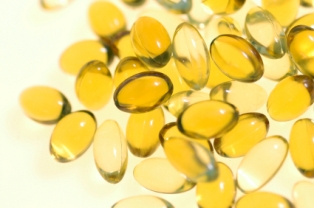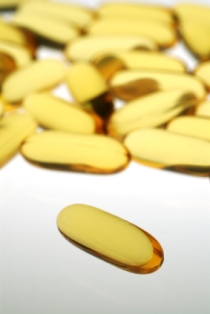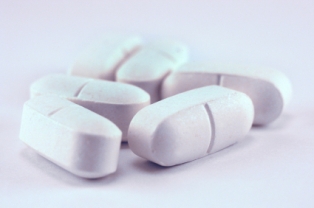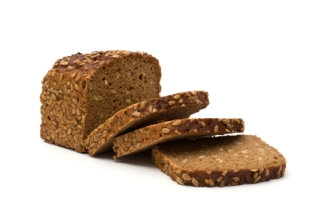Benefits of Olive Oil Include Fighting Ulcerative Colitis

New research indicates that people who ingest more olive oil, grapeseed oil and peanut oil are less likely to get ulcerative colitis.
A new study by researchers at the University of East Anglia has shown that consuming more olive oil can actually prevent ulcerative colitis. The findings were presented at this year’s Digestive Disease Week conference in New Orleans.  The study centered on oleic acid, which is present in olive oil, peanut oil and grapeseed oil.  Oleic acid is a monounsaturated fatty acid.
Over 120,000 people in the UK and 1 million in the US have ulcerative colitis. Â The disease causes inflammation in the lining of the colon and bowel leading to pain and diarrhea. Â Other symptoms of ulcerative colitis include fever, weight loss, and gastrointestinal bleeding.
This new research studied over 25,000 middle-aged people in the UK who did not have ulcerative colitis. Â The participants completed food diaries during the study, which were then analyzed by nutritionists.
When researchers analyzed the results, they found that the people, who developed ulcerative colitis, had the lowest intake of oleic acid. On the other hand, those who ate the most foods with oleic acid had a 90% less change of getting ulcerative colitis.
Dr. Andrew Hart was the leader of the research, he stated, “We estimate that around half of the cases of ulcerative colitis could be prevented if larger amounts of oleic acid were consumed.  Two-to-three tablespoons of olive oil per day would have a protective effect.”
Other dietary suggestions for those with ulcerative colitis include drinking lots of water, eating smaller portions, and avoiding fattening greasy foods. Obviously, these are good suggestions for everyone, even if this digestive issue does not impact them.
Sources:
health.google.com
medicalnewstoday.com
Posted: May 9th, 2010 under Olive Oil, ulcerative colitis.
Tags: colon, digestive health, inflammation, Olive Oil, ulcerative colitis
Comments: none

















